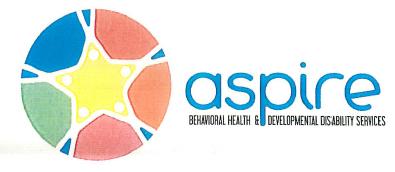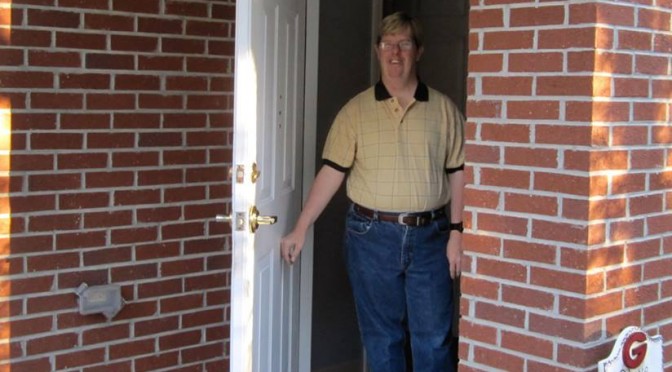Joel Slack, who facilitates the RESPECT Institute in Georgia, originally developed the program at the request of Fulton State Hospital in Missouri. Leadership at the hospital realized that clients often had a solid understanding of what worked best in their rehabilitation. It was thought that this insight could be used to help aide in recovery, but most of them had never been asked to share their stories in their own words.
The first RESPECT Institute began at Fulton State approximately 15 years ago. Groups of 12 met for a 3½ day training in which each participant learned to present his or her story before an audience. After about 7 years of successful implementation at the hospital, Slack obtained grant funding to expand the RESPECT Institute statewide in Missouri. DBHDD brought the RESPECT Institute to Georgia two years ago. Training sessions are held 24 times a year across the state.
Day 1
Day 2
Each participant shares his or her recovery story at a podium. These stories are empowering and healing for the presenter and sometimes also very emotional. Following each presentation, the individual offers three pieces of advice learned through recovery. The group helps members develop a message and embed educational components into their stories. At the end of the day, participants are assigned to refine their stories based on the class’ feedback.
Day 3
Participants present their final stories and select three to four individuals to speak at their graduation ceremony.
Day 4
A graduation ceremony is held for all the individuals who complete the program. Graduates finish the RESPECT Institute empowered to tell their stories in any venue.
Upon completing the program, graduates become guest speakers at universities, corporate trainings, civic meetings and more. Outreach coordinator Alfred Brooks helps graduates find venues to share their stories. The RESPECT Institute has been in Georgia for less than two years, but graduates have shared their stories with nearly 20,000 people. Brooks also facilitates an ongoing monthly support group for each class.
“The RESPECT Institute offers life-changing, transformational experiences for people as they learn how to tell their stories. We’ve watched people heal in those three days,” said Slack. “Our graduates are also transforming their audiences by helping people to see the humanity beyond the illness. Once you’re able to see that humanity, it’s easier to treat someone with respect.”
The RESPECT Institute is provided by DBHDD in partnership with the Georgia Mental Health Consumer Networkand Mental Health America of Georgia. There is no cost to participants. To learn more about the RESPECT Institute, contact Mark Baker, director of DBHDD’s Office of Recovery Transformation, atbakermj@dbhdd.ga.gov. To apply, or to obtain a copy of an informational video, please contact:
Jen Banathy, Georgia Mental Health Consumer Network
jen@gmhcn.org
404.687.9487


